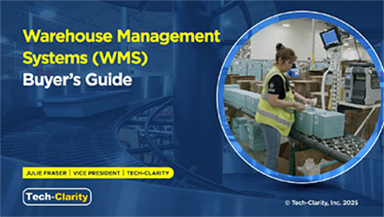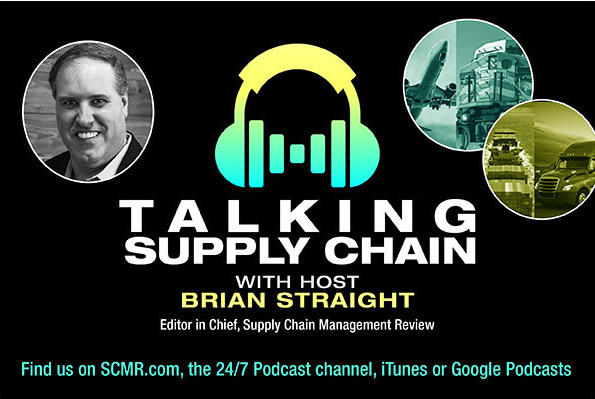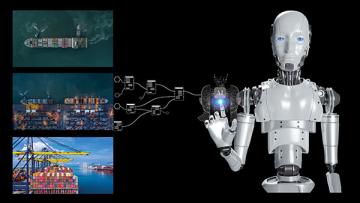Relief supply chains are a bit more complex than traditional supply chains. Supply chain professionals are used to planning, planning routes, planning efficiencies, etc. But in a disaster situation, time can be of the essence, and the chaotic nature of trying to pull together a massive relief effort means existing relationships may be more important than ever. Whether it is a shipper looking to move relief suppliers such as water or food, or a trucking company with trucks and trailers to loan out, what steps can these companies take prior to disaster striking so they are in a position to help when needed?
Iana Shaheen is an assistant professor of supply chain management at the Walton College of Business at the University of Arkansas. She has done extensive research on humanitarian supply chains and joins Talking Supply Chain host Brian Straight to discuss what businesses need to know, and how they can be in a position to help.
Listen: Talking Supply Chain: Humanitarian supply chains provide a lifeline for many
SC
MR

More 3PL
- Uber Freight’s Val Marchevsky to deliver Keynote at NextGen Supply Chain Conference
- Data center growth driving new logistics opportunities
- Last call for speaker abstracts, award submissions for NextGen Supply Chain Conference
- Truckload procurement: From state-of-the-practice to state-of-the-art
- Services sector growth continues in April, reports ISM
- ProMat 2025 show wrap up
- More 3PL
Latest Resources

 Explore
Explore
Topics
Business Management News
- C.H. Robinson rolls out AI agent to address LTL classification overhaul
- Danone latest to announce new US investment
- From flight decks to fulfillment: A veteran’s supply chain journey
- Employee versus enterprise AI adoption
- Uber Freight’s Val Marchevsky to deliver Keynote at NextGen Supply Chain Conference
- Unlocking the green grid: Innovations for eco-friendly last mile
- More Business Management
Latest Business Management Resources

Subscribe

Supply Chain Management Review delivers the best industry content.

Editors’ Picks




